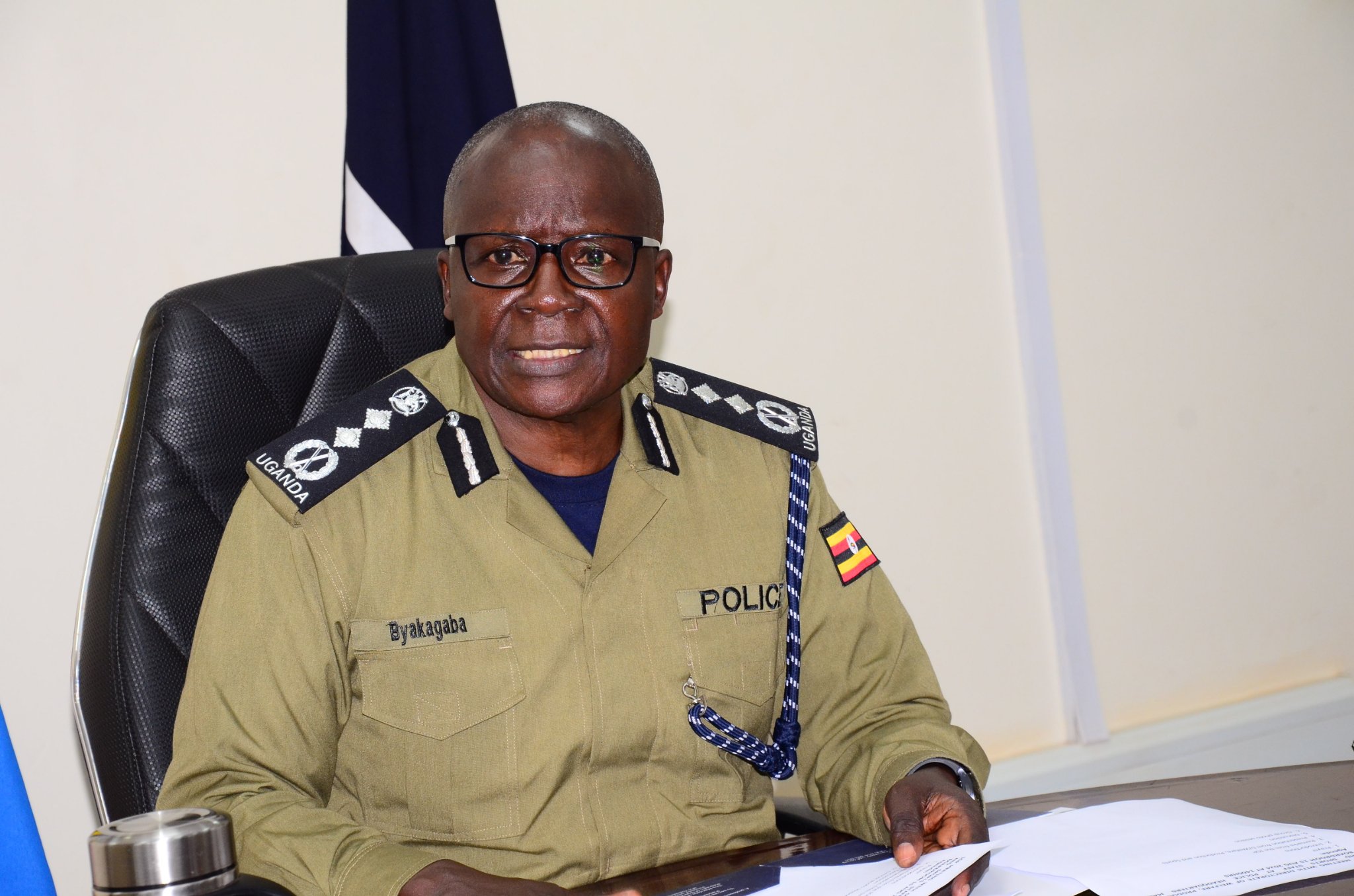By Ssenkayi Marvin Ezra
The Uganda Police Force (UPF) has officially designated a new cohort of forensic practitioners, as announced by a notice by Inspector General of Police in the latest issue of the Uganda Gazette. The notice formalizes the status of experts across multiple forensic science disciplines within the Directorate of Forensic Services, marking another critical step toward strengthening Uganda’s criminal justice system.
These practitioners have been accredited and assigned roles in specialized forensic departments including Cybercrime, Questioned Documents, Criminal Identification (Latent Prints), CBRNe-A (Forensic Biology – DNA), CBRNe-A (Chemistry), and Ten-Ten Fingerprints.
Who Are Forensic Practitioners?
Forensic practitioners are highly trained professionals who apply scientific methods and principles to assist in the investigation of crimes. Their work bridges science and law enforcement—helping detectives, prosecutors, and courts uncover the truth based on objective, technical evidence.
In Uganda, the Directorate of Forensic Services under the Uganda Police Force is responsible for overseeing forensic operations, including crime scene management, evidence analysis, and expert testimony in court.
Why Their Designation Matters?
The official designation of forensic practitioners ensures:
- Quality assurance in handling and interpreting scientific evidence.
- Accountability and traceability in the justice process.
- Compliance with international standards and legal admissibility of forensic reports.
- Protection of the chain of custody, which is crucial for preserving the integrity of evidence from the crime scene to the courtroom.
In an era of increasingly sophisticated crimes—ranging from digital fraud to terrorism—the role of forensic specialists is more vital than ever.
Key Forensic Units and Their Roles
Cybercrime
Experts in this field focus on investigating digital and electronic evidence, including hacking, identity theft, online fraud, and digital footprints. They play a central role in addressing crimes in cyberspace, often using advanced tools to recover deleted data and trace malicious activity.
Questioned Documents
These practitioners examine handwriting, forged signatures, counterfeit documents, and altered records. Their analysis supports investigations into forgery, fraud, and administrative crimes by verifying the authenticity of documents.
Criminal Identification (Latent Print)
This team specializes in analyzing latent fingerprints—those not immediately visible to the naked eye—found at crime scenes. Using powders, chemicals, and light technologies, they reveal and match prints to individuals.
CBRNe-A (Forensic Biology – DNA)
Experts in this department handle DNA profiling to identify individuals from biological material (e.g., blood, saliva, hair). Their findings are crucial in cases of assault, murder, rape, and missing persons investigations.
CBRNe-A (Chemistry)
This unit analyzes chemical substances, drugs, explosives, and trace materials found at crime scenes. Their work supports cases involving poisoning, narcotics, and hazardous substances.
Ten-Ten Fingerprint
These practitioners manage the national fingerprint database. They verify identities of suspects, convicts, and applicants for sensitive roles, helping prevent impersonation and repeat offenses.
A Step Forward in upholding Justice and Public Trust
By designating these forensic practitioners, the Uganda Police Force reaffirms its commitment to scientific policing, evidence-based investigations, and fair judicial outcomes. This development enhances the credibility of police investigations and aligns with regional and international best practices.
The general public is encouraged to understand and support the role of forensic science, as it plays an essential role in upholding truth, justice, and public safety.
For the full list of designated forensic practitioners and departments, refer to today’s edition of the Uganda Gazette.


